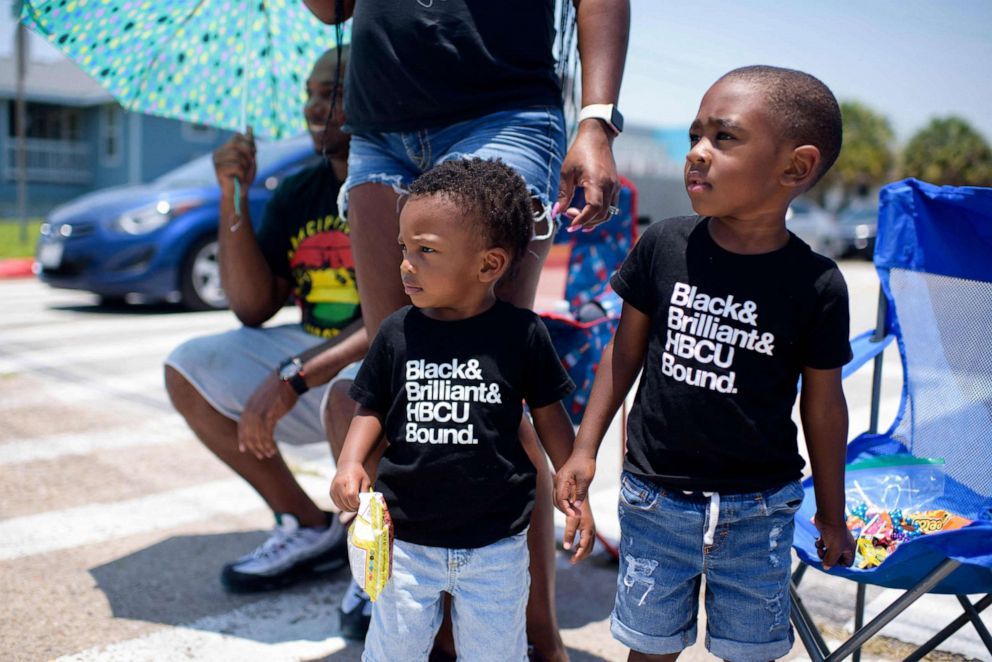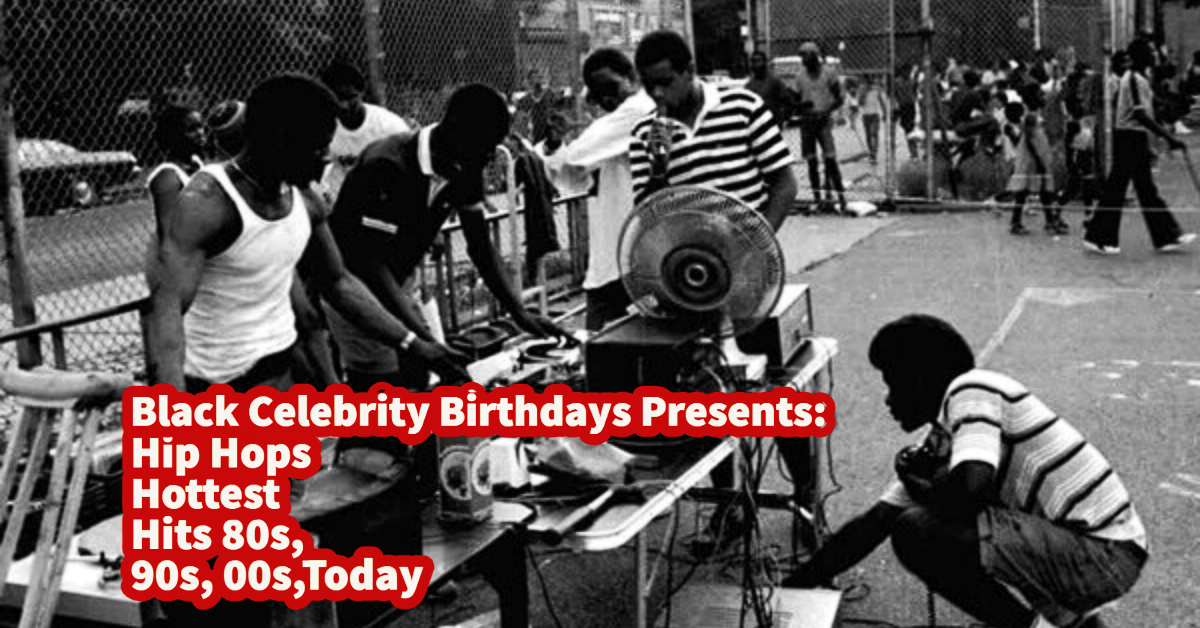At age 101, he finally got his high school diploma

In segregated America in the 1930s, Merrill Pittman Cooper’s family was too poor for him to stay in school.
Merrill Pittman Cooper, 101, had a distinguished career as one of the first Black trolley car drivers in Philadelphia, and a powerful leader in the union. But when he was a teen during segregation in the 1930s, his single mother was too poor to pay his school tuition.
In 1938, he had just finished his junior year of high school at Storer College in Harpers Ferry, W.Va., a boarding school founded after the Civil War that initially educated formerly enslaved children.
Cooper said he realized that his mother, who worked as a live-in housekeeper, couldn’t afford to make the final tuition payment for his senior year. He encouraged her to move them to Philadelphia, where she had family.
“She worked so hard, and it all became so difficult that I just decided it would be best to give up continuing at the school,” he said.
He took a job at a women’s apparel store in Philadelphia to help pay the bills, then was hired in 1945 as a city trolley car operator, he said.
“It was tough when I first started,” said Cooper, remembering the racism he endured. “I wouldn’t want to repeat some of the things people said to me when they saw me operating the trolley. We had to have the National Guard on board to keep the peace.”
He was proud of his career, but there was always one thing that bothered him. He wished he had graduated from high school and received his diploma.
“As time went on, I thought it was probably too late, so I put it behind me and made the best of the situation,” said Cooper, who grew up in Shepherdstown, W.Va., near Harpers Ferry, and now lives in Union City, N.J.
“I got so involved in working and making a living that my dreams went out the window,” he said.
Now, 84 years later, he has been finally able to realize his long-held wish: His family arranged a surprise graduation ceremony in his honor on March 19 at a hotel in Jersey City.
Cooper’s son-in-law Rod Beckerink is a retired social studies teacher from Jamestown, N.Y., who has heard Cooper talk about the difficulty of getting an education as a Black teen in the 1930s.
He decided it was long past time that his father-in-law receive the diploma he’d missed when he dropped out just before his senior year.
It was a difficult journey for a young Black man who wanted a good education in 1938.
After Cooper finished the eighth grade at a two-room, segregated school in Shepherdstown, he passed a test that allowed him to continue his education at Storer College — a segregated school established in 1867 that counted Frederick Douglass as a trustee.
Cooper was an only child without a father in his life, he said, so his mother went to work as a live-in housekeeper for a family in the nearby Blue Ridge Mountains to pay for his tuition and board at Storer College.
“We didn’t have a lot of money, but it was my dream to become an attorney,” said Cooper, adding that some of his teachers took him shopping for new school clothes and shoes.
“They knew I couldn’t afford it, so they’d take me downtown, then tell me not to tell the rest of the students,” he recalled. “The school had mostly Black teachers, and they looked out for me.”
He helped integrate the ranks of trolley operators, and when trolleys were phased out years later, Cooper became a bus driver and eventually ran for office in the Southeastern Pennsylvania Transportation Authority’s Local 234 union. He served in various union roles, including president, until he was hired in 1980 as vice president of what was then known as the International Transport Workers Union in New York City.
In 1978, he married Marion Karpeh, a single mom of three children who lived in a nearby neighborhood in Philadelphia and worked as a pharmacist.
They’d dated for 14 years and had fallen in love over long talks fueled by homemade poundcake, recalled Marion Beckerink, Cooper’s youngest stepdaughter. Her mother died in 2015, she said.
“My sister and brother and I were impressed as young people that [Merrill] had such a command of literature and was such a great orator,” said Beckerink, 63, now a retired lawyer.
“Mr. Cooper — that’s what we called him then — had such a wealth of knowledge,” she said. “He was constantly quoting famous orators like Kennedy or King. He would tell me and my sister, ‘I wish that I had been a lawyer so I could debate with you.’ But he did just fine.”
Beckerink’s sister, Enid Karpeh-Diaz, 64, remembers her stepfather often told them to “keep the heat on.”
“My mother and stepdad believed the key to economic stability and career advancement, particularly as an African American, was education,” she said. “Even though my dad did not have the opportunity to go to college — not having a high school diploma — he achieved a great deal of success in his lifetime.”
Cooper was presented his diploma by Jefferson County Schools superintendent Bondy Shay Gibson-Learn, who traveled from West Virginia for the occasion. Representatives from the Storer College Alumni Association and Harpers Ferry National Historical Park also gave speeches virtually from Harpers Ferry.
“I can’t think of a happier day,” said Cooper, who now displays his framed diploma on his bedroom dresser.
“Even though it took me awhile, I’m really happy to finally have it,” he said.



